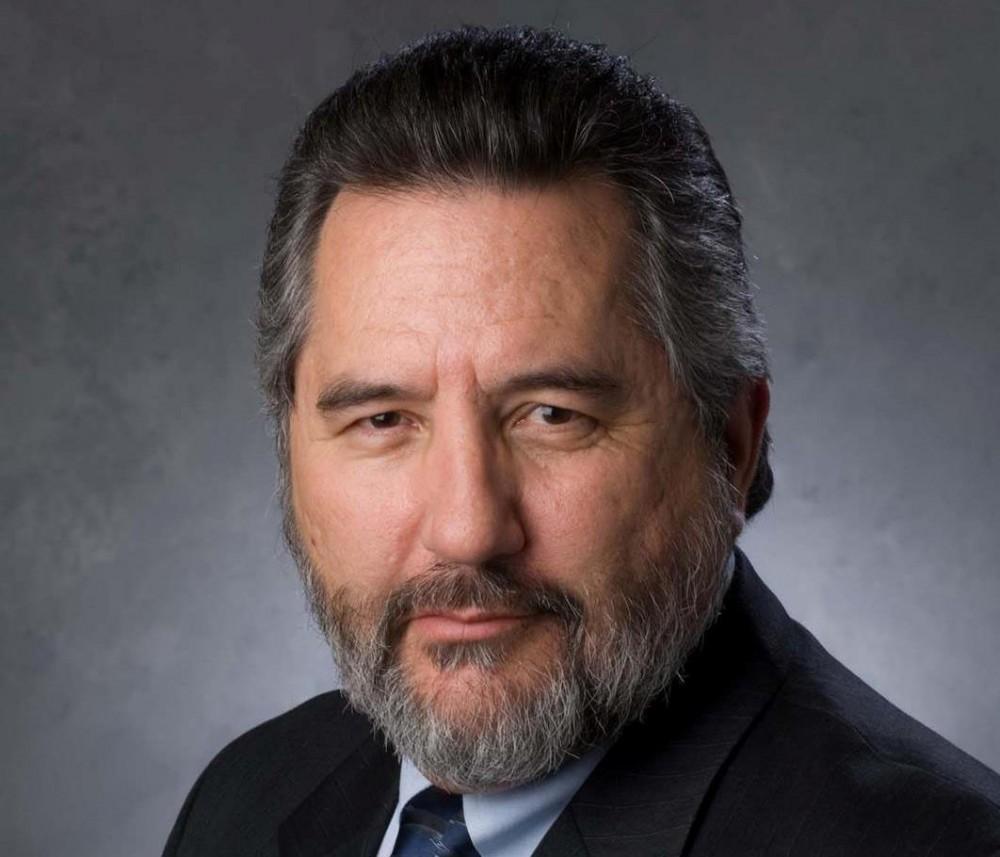Visiting professor to lecture on changing U.S. social order

GVL / Courtesy – wkar.org
Mar 22, 2018
As the U.S. political divide continues to stretch further and further, questions can be asked about where political stances are heading. A lecture on the changing U.S. social order, titled “From Social Democracy to Neoliberalism,” will take place Friday, March 23, from 1 p.m. to 2:30 p.m. in the Kirkhof Center, Room 2263.
This lecture, organized by the Grand Valley State University Sociology Department, will cover the polarization that is taking place in the U.S. in contemporary politics. The presentation will be given by guest speaker Rubén Martinez, professor of sociology and director of the Julian Samora Research Institute at Michigan State University.
The lecture will highlight the events that have led the U.S. to a state of political polarization, linking it to a shift from social democracy to a neoliberal social order as well as placing the ideological struggle between individualism and collectivism as the core of the country’s polarization. The lecture will also identify the ideological dimensions of neoliberalism and discuss how they currently influence policy emphases.
“The presentation will provide historical context on free-market policies and their effects on social inequality and contemporary political conflicts in our society,” said Joel Stillerman, GVSU professor of sociology and one of the organizers of the event. “It’s important for students to understand that recent political events and conflicts result from long-term policy changes in the U.S.
“The lecture will examine how U.S. social policies shifted from the post-World War II era, when government attempted to reduce social inequalities to the recent era when supports for the poor have been reduced. It will also explore how these policy changes have led to intensified conflicts between conservatives and liberals in politics.”
This process of polarization takes place when two major political parties are less willing to work together and make compromises to pass laws. In turn, voters tend to view those from the opposing party as enemies rather than people with whom they just disagree. This hostility between voters and politicians makes it more difficult for policies to be developed that benefit everyone in society.
Martinez has conducted research on neoliberalism and Latinos, diversity leadership in higher education, institutional and societal change, education and ethnoracial minorities, Latino labor and entrepreneurship, and environmental justice.
He is the editor of the “Latinos in the United States” book series with the MSU Press. He has co-authored three publications, “Chicanos in Higher Education” (1993), “Diversity Leadership in Higher Education” (2007) and “A Brief History of Cristo Rey Church in Lansing, MI” (2012). Martinez has also co-edited two volumes, “Latino College Presidents: In Their Own Words” (2013) and “Occupational Health Disparities among Racial and Ethnic Minorities: Formulating Research Needs and Directions” (2017).
“Sociology brings in outside speakers during the year to educate members of the campus community on sociological issues,” Stillerman said. “This speaker is addressing current social and political issues that we thought would be of interest to a wide range of students and faculty. I hope they’ll develop a framework for understanding social and political change in the U.S. that will allow them to more effectively interpret current events.”

























